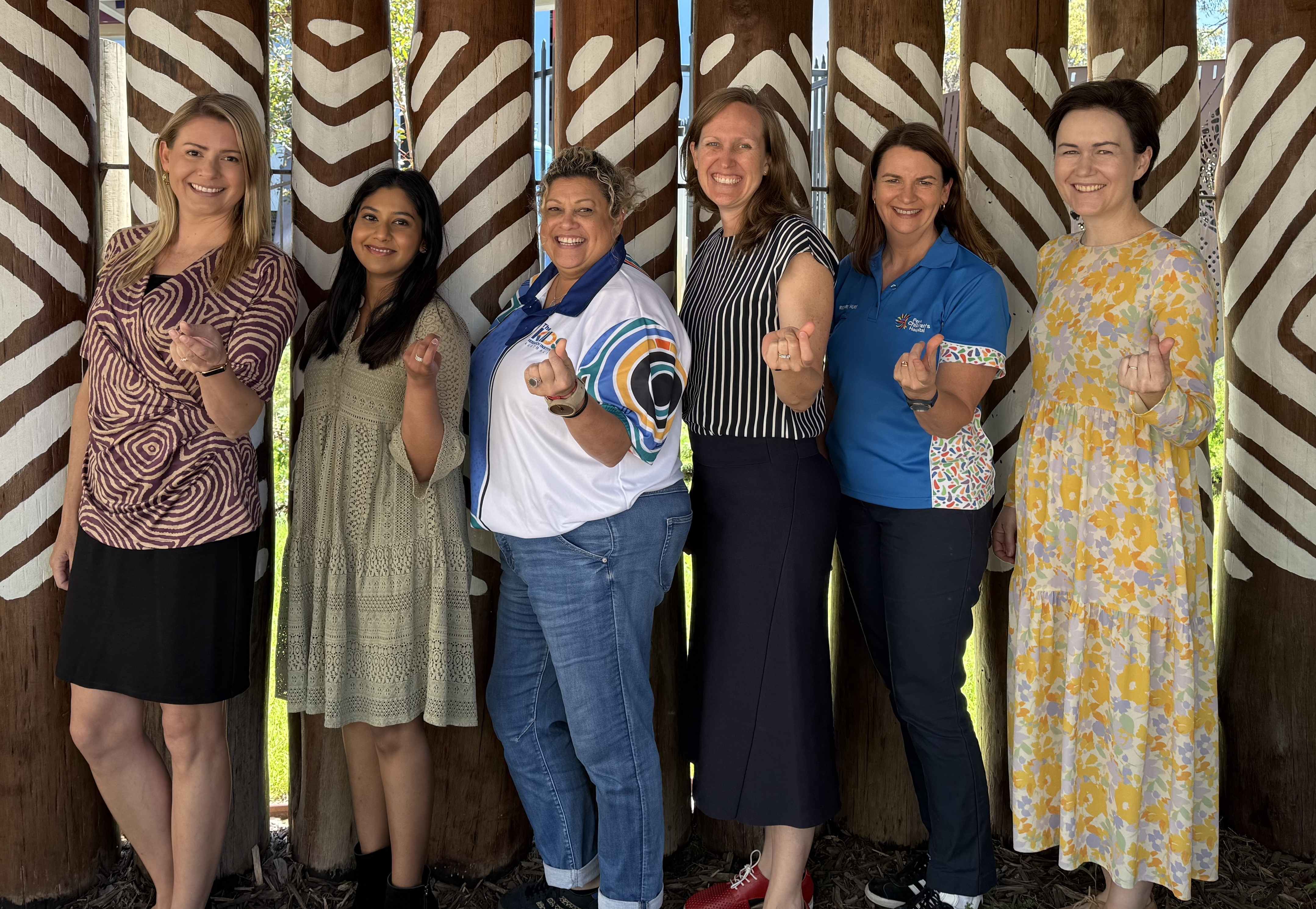Search





People
Elizabeth WilkesLiz Wilkes is a Noongar woman with family connections to the Wadjuk and Ballardong tribes. She has a background in nursing and a passion for Aboriginal health and community engagement.




Share your experience and perspective to help guide our research which aims to understand how families can be supported to thrive in a FIFO working arrangement.

News & Events
New cultural safety initiative guides best practice for clinical researchPerth investigators involved in a major global trial have launched an innovative Cultural Information Hub to maximise cultural safety for Aboriginal and/or Torres Strait Islander patients participating in research.
